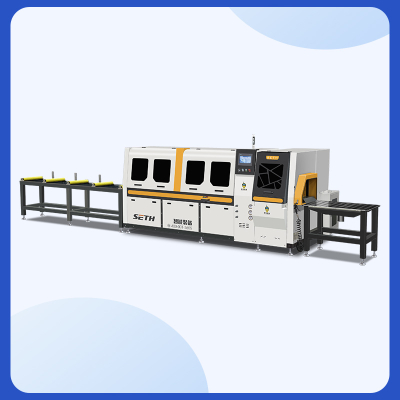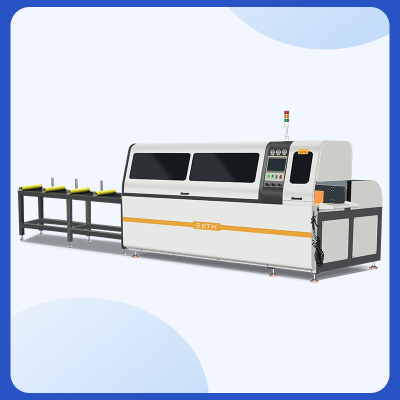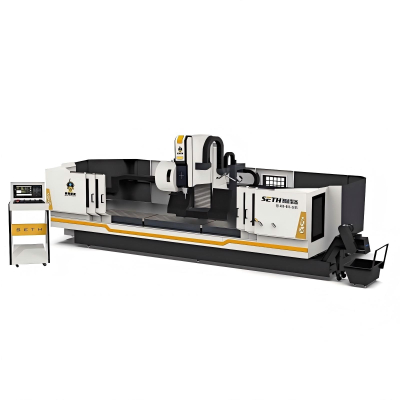The Diverse Applications of Aluminum Profiles
Aluminum profiles, as versatile structural materials, have gained widespread popularity across numerous industries due to their exceptional combination of properties. These include high strength-to-weight ratio, excellent corrosion resistance, superior thermal and electrical conductivity, ease of fabrication, and recyclability. Such advantages make them an ideal choice for a wide range of applications, spanning from daily life products to high-tech industrial equipment.
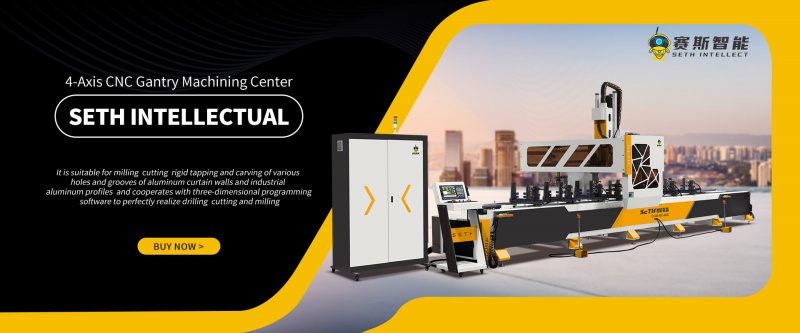
1. Construction Industry
The construction sector stands out as one of the largest consumers of aluminum profiles. In modern building design, aluminum profiles are extensively used in curtain walls, windows, and doors. For curtain walls, they serve as the supporting framework, holding glass panels securely in place. Their lightweight nature reduces the overall load on the building's structure, while their corrosion resistance ensures long-term durability even in harsh weather conditions, such as areas with high humidity or frequent exposure to saltwater.
In addition, aluminum profiles are employed in interior decoration, including partition walls, ceiling frameworks, and handrails. They can be easily customized into various shapes and sizes to meet different design requirements, and their smooth surface allows for a wide range of finishing options, such as anodizing, powder coating, and electrophoresis, enhancing the aesthetic appeal of indoor spaces. Moreover, aluminum profiles are used in solar panel mounting systems. Their strength and weather resistance enable them to withstand outdoor elements and securely hold solar panels, contributing to the development of renewable energy.
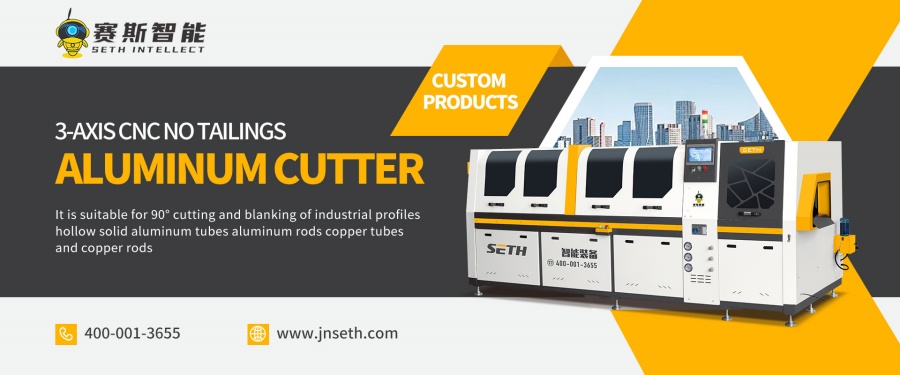
2. Transportation Industry
The transportation industry also relies heavily on aluminum profiles to reduce weight and improve fuel efficiency. In the automotive field, aluminum profiles are used in the manufacturing of car bodies, chassis components, and interior parts. Replacing traditional steel with aluminum profiles can significantly reduce the weight of vehicles, which in turn lowers fuel consumption and reduces carbon emissions. For example, some high-end and electric vehicles use aluminum alloy profiles for door frames, roof rails, and floor structures, achieving a good balance between strength and weight.
In the railway sector, aluminum profiles are widely applied in the production of train carriages. They offer advantages such as light weight, which helps reduce the energy consumption of trains, and good corrosion resistance, ensuring the long service life of carriages. Additionally, aluminum profiles are used in the aerospace industry for the production of aircraft components, such as wing structures and fuselage frames. Their high strength-to-weight ratio is crucial for ensuring the safety and performance of aircraft.
3. Electrical and Electronic Industry
Aluminum profiles play an important role in the electrical and electronic industry. They are commonly used in the manufacturing of heat sinks for electronic devices, such as computers, televisions, and power supplies. Aluminum's excellent thermal conductivity allows it to efficiently dissipate heat generated by electronic components, preventing overheating and ensuring the stable operation of devices.
Furthermore, aluminum profiles are used in the production of cable trays and electrical enclosures. Cable trays provide a safe and organized way to support and protect electrical cables, while electrical enclosures protect electrical components from external factors such as dust, water, and mechanical damage. The corrosion resistance and ease of fabrication of aluminum profiles make them suitable for these applications.
4. Furniture and Home Decoration Industry
In the furniture and home decoration industry, aluminum profiles are increasingly being used to create modern and stylish furniture pieces. They are used in the production of chair frames, table legs, and cabinet handles. Aluminum furniture offers several advantages, including light weight, durability, and easy maintenance. It is resistant to scratches, stains, and corrosion, making it suitable for use in various indoor environments, such as kitchens, bathrooms, and living rooms.
Moreover, aluminum profiles are used in home decoration items such as curtain rods, lighting fixtures, and decorative grilles. They can be processed into different shapes and finishes to match different interior design styles, adding a touch of elegance and modernity to homes.
5. Other Industrial Applications
Beyond the above-mentioned industries, aluminum profiles find applications in many other industrial fields. In the machinery manufacturing industry, they are used in the production of machine frames, worktables, and conveyor systems. Their high strength and rigidity ensure the stability and precision of machinery.
In the medical industry, aluminum profiles are used in the manufacturing of medical equipment, such as hospital beds, operating tables, and medical carts. They are easy to clean and disinfect, which is essential for maintaining a sterile environment in medical facilities. Additionally, aluminum profiles are used in the packaging industry for the production of aluminum cans and foil, which are widely used for packaging food, beverages, and pharmaceuticals due to their excellent barrier properties and recyclability.
In conclusion, the applications of aluminum profiles are diverse and far-reaching, covering almost every aspect of our lives and various industrial sectors. With the continuous advancement of technology and the increasing emphasis on environmental protection and energy conservation, the demand for aluminum profiles is expected to further grow in the future. Their unique combination of properties will continue to drive innovation and development in different industries, making them an indispensable material in the modern world.



